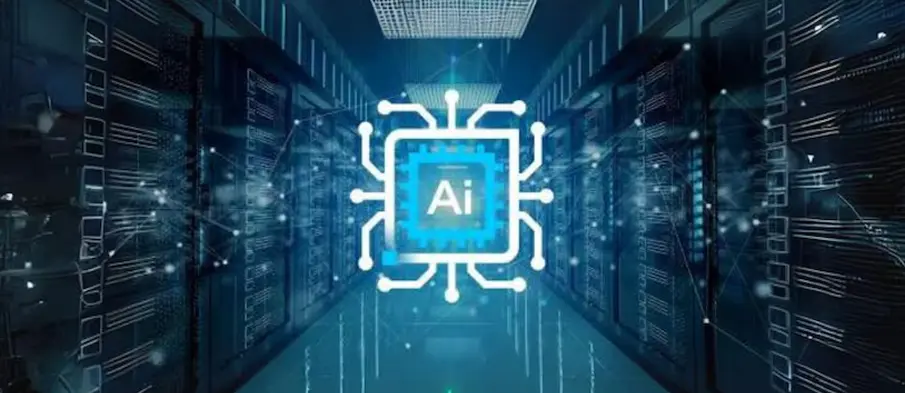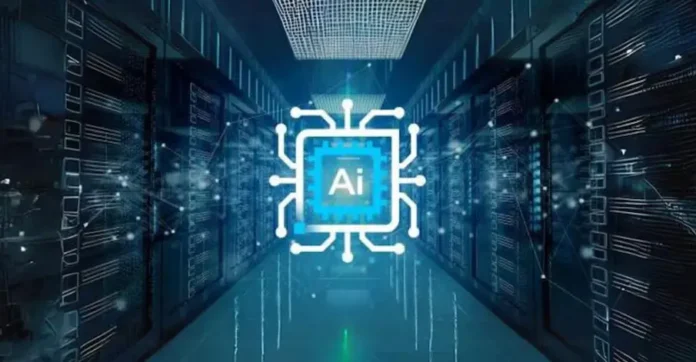
After receiving its first budgetary allocation for the ambitious IndiaAI Mission, the IT Ministry is preparing to release a tender to procure between 300 to 500 graphics processing units (GPUs) to help the private sector build domestic computing capacity for AI systems, according to The Indian Express. In the Union Budget 2024, the Ministry of Electronics and IT was allocated Rs 551.75 crore for the IndiaAI Mission for 2024-25.
In March, the Union Cabinet approved the Rs 10,372 crore IndiaAI Mission to establish a computing capacity of over 10,000 GPUs and develop foundational models with more than 100 billion parameters trained on datasets covering major Indian languages for sectors like healthcare, agriculture, and governance. The aim is to create an infrastructure that start-ups can utilize to develop AI systems.
As a preliminary step, the ministry is taking a cautious approach. “With the allocation, we will look at AI compute, skilling, data sets, and some other applications. For now, we aim to procure 300 to 500 GPUs and will release a tender in due course,” a senior government official said on condition of anonymity.
Computing capacity, or compute, is crucial for building large AI systems, alongside algorithmic innovation and datasets. However, it is also one of the most challenging elements to obtain for smaller businesses due to high costs. This is a significant hurdle in India’s AI advancements, as no major domestic company currently controls the necessary hardware for large-scale datasets. Nvidia holds a near-monopoly, with its A100 chip — a leading AI application chip — costing up to $10,000.
To address this, the government has decided to help procure GPUs, enabling Indian start-ups to access these computing needs early on, a strategy similar to the European Union’s. To prevent overregulation of AI that could hinder innovation, the European Commission released rules earlier this year to allow startups and businesses access to hardware like supercomputers and computing capacity for large-scale AI models.
India’s Rs 10,370 crore plan includes implementing computing infrastructure through a public-private partnership model with 50 percent viability gap funding. If compute prices drop, the private entity must increase compute capacity within the same budget to meet demand. Rs 4,564 crore of the total outlay is earmarked for building computing infrastructure.
The Cabinet has approved funding for deep-tech startups at various growth stages, with roughly Rs 2,000 crore allocated for this purpose. An IndiaAI Datasets Platform will be established to leverage the quality, access, and use of non-personal datasets for AI innovation, hosting identified “high-quality” AI-ready datasets.
These initiatives address two critical components of building large language models: hardware and access to high-quality datasets. The government will also set up the IndiaAI Innovation Research Centre, dedicated to developing and deploying large foundational models, focusing on indigenous Large Multimodal Models and domain-specific foundational models. Close to Rs 2,000 crore has been earmarked for this center, along with plans to financially support 4,000 BTech, 400 MTech, and 600 PhD candidates specializing in AI in premier educational institutions.




